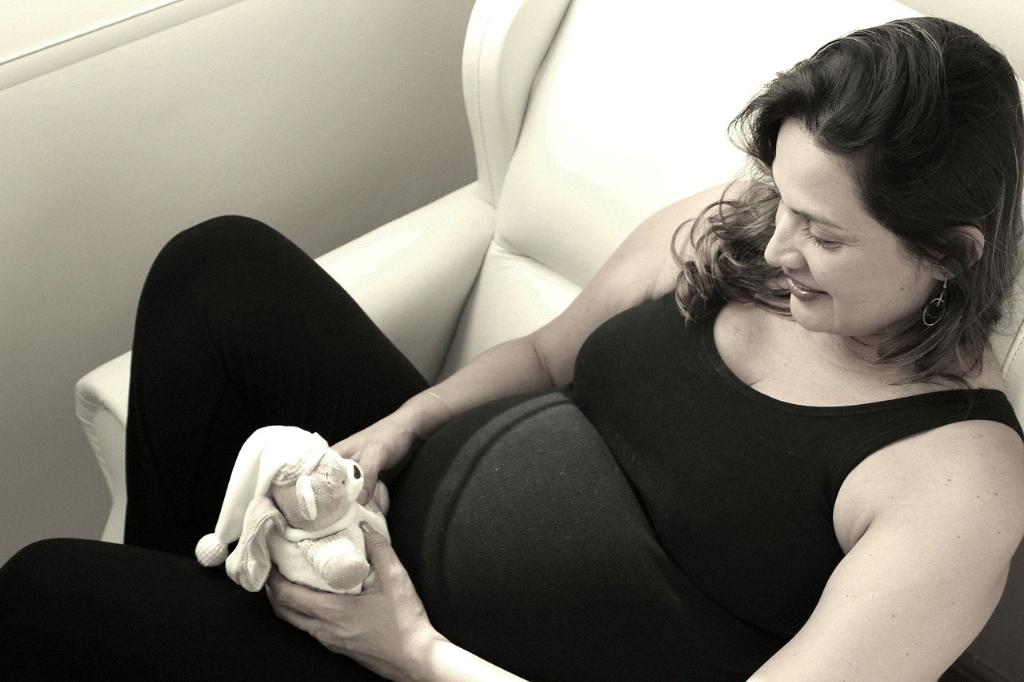Acne is a common skin condition that affects many individuals, and pregnancy can have a significant impact on its development and severity. Hormonal fluctuations play a key role in the development of acne, making it a common concern for pregnant women. The changes in hormone levels can lead to increased oil production in the skin, clogged pores, and ultimately, breakouts.
First Trimester Challenges
During the first trimester of pregnancy, hormonal changes are at their peak, which can contribute to the worsening of acne for some women. The surge in hormones like progesterone can stimulate the sebaceous glands, leading to excess oil production and potential breakouts.
The Second Trimester Relief
As the pregnancy progresses and women enter the second trimester, some individuals may experience relief from acne breakouts. The hormonal fluctuations start to stabilize during this period, which can lead to a decrease in oil production and overall improvement in skin health for some pregnant women. This could be attributed to the body adapting to the new hormone levels.
Possible Return in the Third Trimester
While the second trimester may bring a welcome relief for some women, it’s essential to note that acne breakouts can make a comeback during the third trimester. As the body prepares for childbirth and the hormone levels once again shift, some individuals may experience a resurgence of acne symptoms.
Managing Acne During Pregnancy
It’s crucial for pregnant women dealing with acne to take proactive steps to manage their skin health. Simple yet effective measures include using gentle cleansers, avoiding harsh skincare products, and maintaining a healthy diet. Consulting with a dermatologist or healthcare provider can also provide personalized recommendations for acne management during pregnancy.
Avoiding Harmful Treatments
When dealing with acne during pregnancy, it’s vital to steer clear of certain treatments that could potentially harm the developing baby. Common acne medications like isotretinoin and tetracycline are not recommended for use during pregnancy due to their adverse effects on fetal development.
The Impact of Stress
Stress can play a significant role in exacerbating acne symptoms, and pregnancy itself can be a time of heightened stress for many women. Finding ways to manage stress, whether through relaxation techniques, exercise, or social support, can have a positive impact on skin health during pregnancy.
The Role of Skincare Routine
Establishing a gentle and effective skincare routine can be beneficial for pregnant women dealing with acne. Opting for non-comedogenic products, avoiding harsh ingredients, and practicing consistent cleansing can help maintain skin health and potentially reduce the severity of breakouts.
Embracing Natural Remedies
Some pregnant women may turn to natural remedies to manage their acne symptoms. Ingredients like tea tree oil, aloe vera, and witch hazel have been touted for their purported benefits in reducing inflammation and combating bacteria on the skin. However, it’s essential to consult with a healthcare provider before incorporating any new treatments into a skincare routine.
The Importance of Self-Care
Pregnancy can be a challenging time both emotionally and physically, and taking care of one’s skin is an important aspect of self-care during this period. Incorporating gentle skincare practices, staying hydrated, getting adequate rest, and prioritizing mental well-being can all contribute to overall skin health and well-being.
Seeking Professional Guidance
If acne symptoms persist or worsen during pregnancy, it’s recommended to seek guidance from a dermatologist or healthcare provider. These professionals can offer tailored advice, prescribe safe treatment options, and monitor skin health throughout the pregnancy to ensure the well-being of both the mother and the baby.
Conclusion
Acne during pregnancy is a common concern for many women, with hormonal fluctuations playing a significant role in its development and severity. While some women may experience relief from acne breakouts during the second trimester, it’s essential to be prepared for potential flare-ups in the third trimester. By implementing gentle skincare practices, managing stress, and seeking professional guidance when needed, pregnant women can navigate the challenges of acne during pregnancy and prioritize their skin health and overall well-being.

